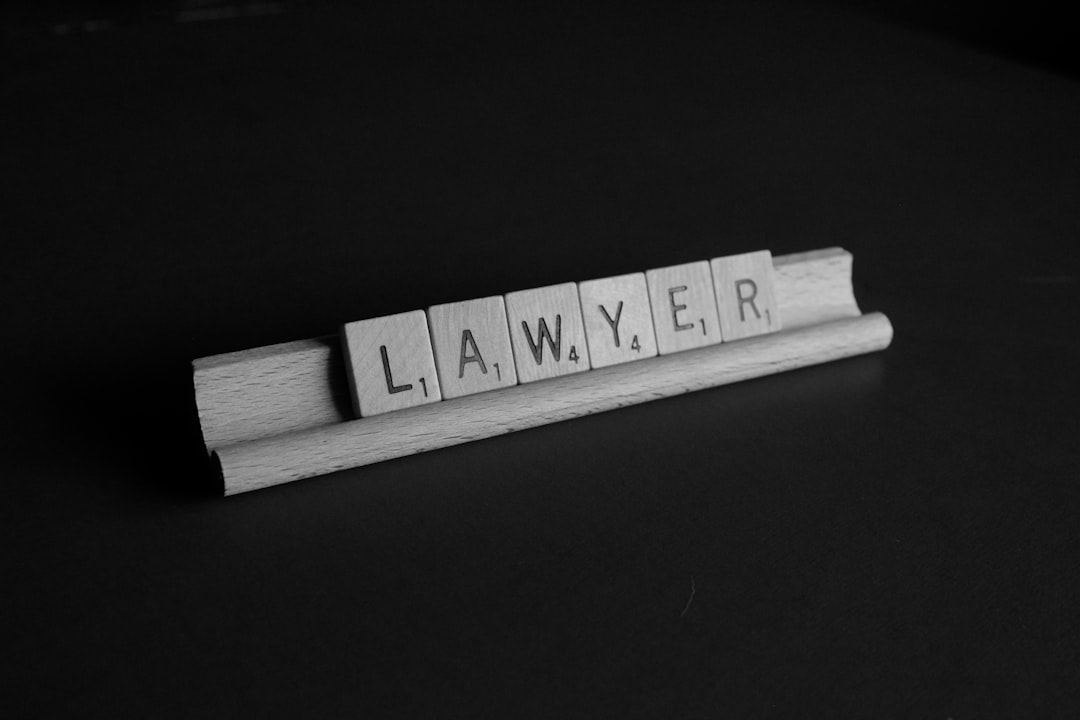Depositions are a crucial, out-of-court process in California's sexual abuse cases involving minors in educational institutions. They facilitate gathering sworn testimony from witnesses, aiding attorneys in uncovering key details and shaping legal strategies. This private procedure, conducted by school abuse law firms, is vital for determining liability, assessing damages, and ensuring justice for survivors, while prioritizing victims' emotional well-being and confidentiality. Specialized California school abuse law firms leverage depositions to expose institutional negligence and hold educational institutions accountable.
In California, depositions play a pivotal role in uncovering truth and delivering justice in school sexual abuse cases. This comprehensive guide explores the intricate world of depositions, providing insights for victims and families navigating these sensitive matters. From understanding the legal process to preparing effectively, this article equips readers with knowledge from top school abuse law firms in California. Learn how confidentialities measures protect survivors while powerful deposition testimony strengthens cases.
Understanding Depositions in School Abuse Cases

In California, depositions play a crucial role in sexual abuse cases involving minors within educational institutions. A deposition is an out-of-court procedure where witnesses provide sworn testimony, allowing attorneys to gather evidence and explore potential legal avenues. For school abuse law firms in California, this process is vital to building robust cases and protecting the rights of victims.
Depositions offer a detailed examination of critical issues, such as the circumstances surrounding the alleged abuse, witness accounts, and the institution’s response. This information is invaluable for legal strategies, helping to identify liability, assess damage, and ensure justice for survivors. Effective use of depositions by experienced California school abuse lawyers can significantly impact the outcome of these sensitive cases.
The Legal Process: When and Why They're Used

Depositions play a crucial role in California school sexual abuse cases, serving as a critical legal process that helps uncover the truth and ensure justice. They are typically used when evidence is in dispute or when a witness’s testimony is essential to resolving the case. In these situations, a school abuse law firm in California may schedule a deposition to gather detailed statements from individuals involved, including victims, accused, and witnesses.
This process involves a formal questioning session, often conducted outside of court, where an attorney poses questions to the witness under oath. The testimony is recorded verbatim, providing a comprehensive record for future reference. Depositions are valuable because they allow attorneys to explore crucial details, clarify inconsistences in statements, and prepare for potential trial testimonies. They are a vital tool in navigating complex legal landscapes, especially in sensitive cases like school sexual abuse, where accurate and reliable evidence is paramount.
Preparing for a Depo: Tips from School Abuse Law Firm California

Preparing for a deposition in a California school sexual abuse case can be a daunting task, but with the right guidance from an experienced school abuse law firm California attorneys, individuals can navigate this critical phase successfully. First and foremost, gather all relevant documents related to the case – medical records, police reports, and any communication with the school or authorities. These will serve as crucial evidence during the deposition.
Next, thoroughly review your statements given previously, including any notes from interviews or counseling sessions. Be prepared to answer questions in detail about the incident(s), the abuser’s identity, and the subsequent impact on your well-being. Practice answering potential questions out loud, considering the tone and clarity of your responses. Remember, honesty is paramount; however, it’s equally important to consult with your attorney beforehand to understand what information can be shared without compromising privacy or potentially damaging the case.
Protecting Victims: Confidentiality and Depositions

In California, protecting victims of school sexual abuse is paramount, especially during legal proceedings. Confidentiality plays a crucial role in this process, ensuring that victims feel safe and supported when testifying against their abusers. When a victim gives a deposition, a private meeting with a lawyer where they share their testimony under oath, it allows them to relive the traumatic experience without facing their accused in court. This practice is vital for maintaining the victim’s emotional well-being, as direct confrontation could cause further distress.
A reputable school abuse law firm in California understands the sensitivity of these cases and prioritizes the confidentiality of depositions. By keeping these sessions private, victims can share their stories honestly without fear of embarrassment or retaliation. This confidentiality also safeguards the privacy of sensitive information, protecting the victim’s identity and ensuring a safe environment for them to come forward and seek justice.
Building a Strong Case Through Deposition Testimony

In California, where school sexual abuse cases are all too common, deposition testimony plays a pivotal role in building a strong legal case. A school abuse law firm in California understands the significance of these depositions to unearth critical facts and gain insights into the experiences of victims. By taking depositions, lawyers can gather detailed accounts from individuals involved, including students, teachers, administrators, and other staff members, providing a comprehensive view of the alleged incidents.
This process allows for a deeper exploration of key aspects such as the response of the school administration, patterns of behavior, and potential cover-ups. The testimony obtained during depositions can be instrumental in identifying liability, establishing negligence, and ultimately securing justice for victims. It provides a powerful tool to hold educational institutions accountable for their failure to protect students from sexual abuse.





